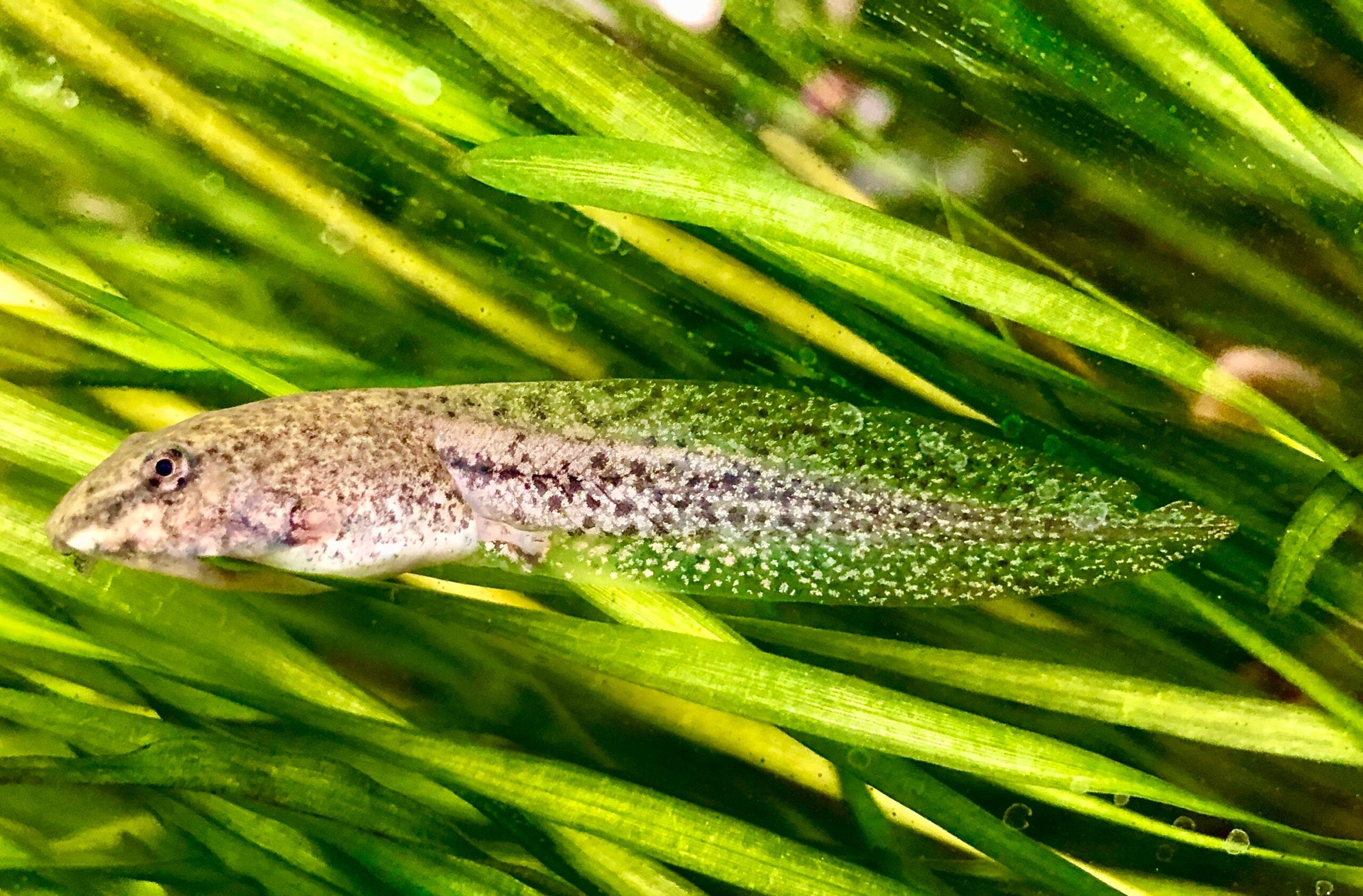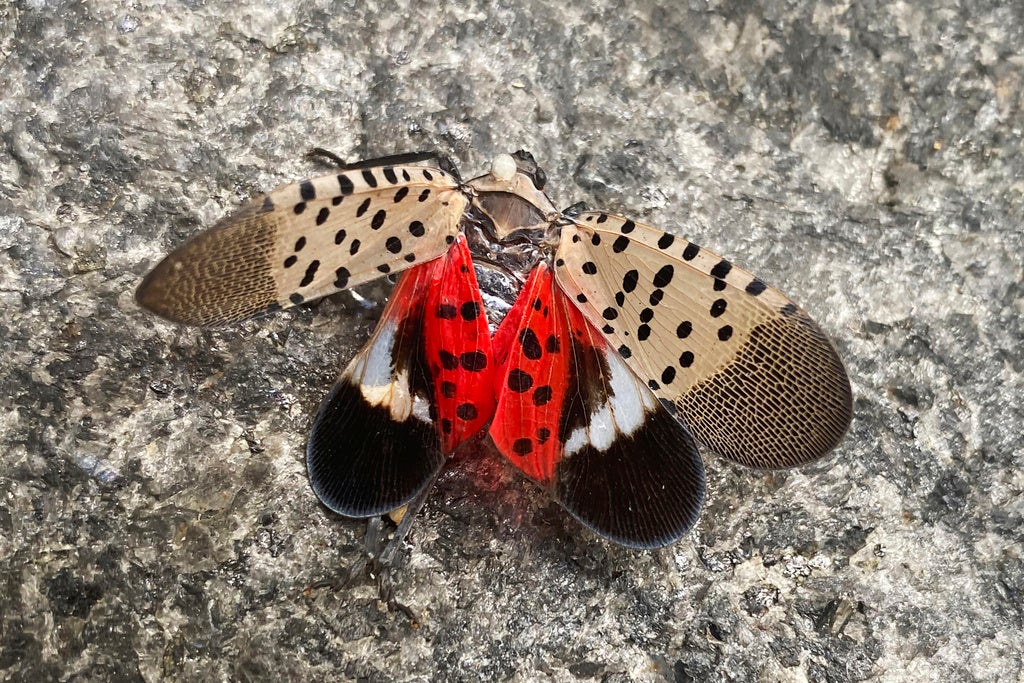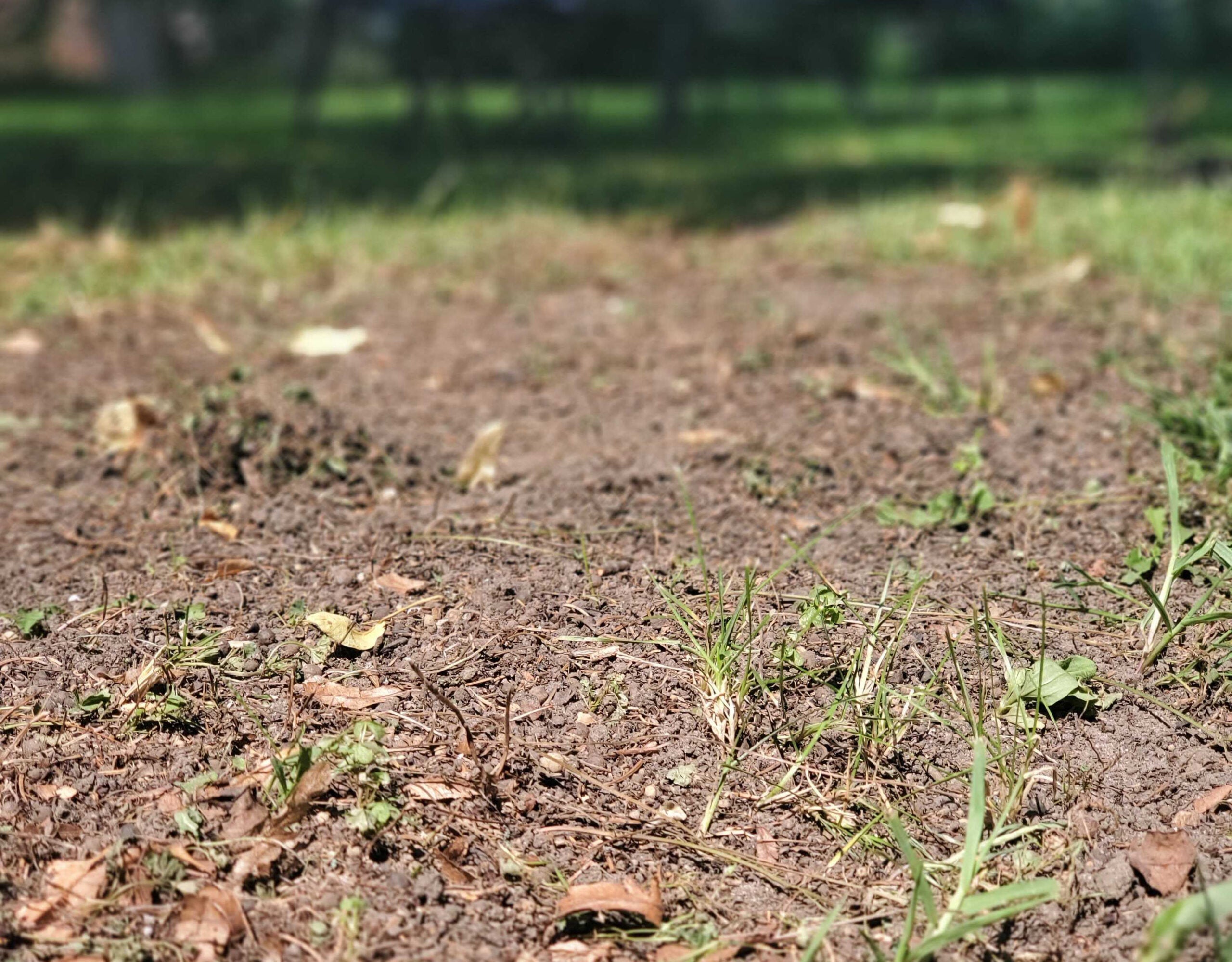On this edition of Garden Talk, Larry Meiller learns what makes soil healthy, and how we can work towards it.
Featured in this Show
-
Soil Scientist: Wisconsin Is Rich In Soils
U.S. President Franklin Delano Roosevelt once said, “The nation that destroys its soil destroys itself.”
Kevin Schoessow would agree with Roosevelt’s sentiment. Schoessow is the University of Wisconsin Extension area agricultural development agent for Burnett, Washburn and Sawyer counties in northwestern Wisconsin. He received his B.S. in soil science from UW-River Falls and his M.S. in soil science from UW-Madison, so it’s an area in which he is particularly interested.
One thing Schoessow wants people to know is that soil and dirt aren’t the same thing. Soil is much more complex than dirt, and Schoessow said, “Anyone who knows me, or has taken my classes, knows that I’m a stickler for that definition. I get on my soap box. I give my little speech about the difference between soil and dirt.
“Dirt is what you find under your fingernails when you’re digging in the soil, or you bring it in on your shoes into the house,” he said. “In the end, I really don’t mind so much what they call (soil) as long as they appreciate the value of it and how important it is.”
Soil comes from materials produced and combined over millions of years, as well as the remains of creatures that have lived on and in it. The result is what soil scientists refer to as “parent material,” he said.
“In Wisconsin, we are blessed with just all kinds of varied geology, and that’s basically because of the glaciers that ripped through this region thousands of years ago,” Schoessow explained. “Wisconsin is just so varied in our landscape, and in the types of parent materials that we have to develop our soils. That’s the beauty of living in a state like Wisconsin that has lots of different changes in topography and lots of different soils.”
For the layperson, it may be hard to believe, but Schoessow said that Wisconsin has well over 600 named and classified soils across the state.
One soil stands apart from the others, because it has been designed the State Soil of Wisconsin. The Antigo silt loam was championed by UW Soil Science Professor Francis Hole and was designated as such by the state Legislature in 1983.
Schoessow recommended these resources for those interested in learning more about soil health.
“They are focused more on farmers rather than home gardeners,” he said, “but the concepts are still the same.”
For more information on soil science, visit the following websites:
Episode Credits
- Larry Meiller Host
- Judith Siers-Poisson Producer
- Kevin Schoessow Guest
Wisconsin Public Radio, © Copyright 2024, Board of Regents of the University of Wisconsin System and Wisconsin Educational Communications Board.



